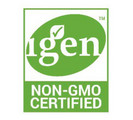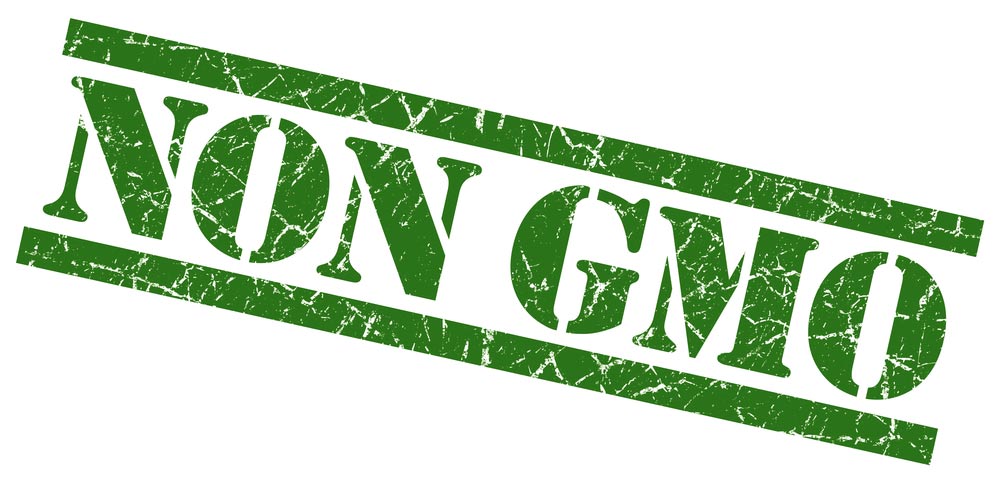Whole Foods’ recent announcement that it would accept Nutrasource Diagnostics’ IGEN GMO testing program for use on dietary supplement products met with criticism from the Non-GMO Project, which said the program could mislead consumers.
The Nutrasource IGEN program relies on testing of finished products, ingredients, and source materials to verify the absence of genetically modified DNA and proteins below a defined threshold. The program aims to allow companies to test their products for GMO content and showcase the GMO status on their labels. This provides consumers with transparency about what their products contain and how they were made, allowing them to make informed GMO choices based on scientific data.
 According to Anna De Boer, Ph.D., Nutrasrouce’s manager of research and development, the dietary supplement industry was interested in the program getting launched because of the focus on testing. “Our initial focus is dietary supplements and their supply chains; we see ourselves as complementary to other (non-GMO) programs,” she says.
According to Anna De Boer, Ph.D., Nutrasrouce’s manager of research and development, the dietary supplement industry was interested in the program getting launched because of the focus on testing. “Our initial focus is dietary supplements and their supply chains; we see ourselves as complementary to other (non-GMO) programs,” she says.
“Our aim was to create a pathway for companies in the supplement industry in the most cost-effective and timely manner without sacrificing quality,” says Steve Overgaard, president of Diteba Analytical and Bioanalytical Services, a subsidiary of Nutrasource. “It’s intended to cover the whole spectrum of supplements.”
Whole Foods has committed to labeling genetically modified foods in its stores by 2018. As part of that commitment, Whole Foods has selected the Non-GMO Project, NSF’s True North non-GMO program, and now Nutrasource’s IGEN program for non-GMO verification of products sold in its stores.
The IGEN program has three tiers of supplement verification: testing finished products, testing finished products and ingredients, and testing finished products, ingredients, and source materials. Quality documentation for each item being certified, such as evidence that items were manufactured in a Good Manufacturing Process (GMP) certified facility, is also required. Negative tests at the first and second tiers allow companies to use a “GMO Tested” seal and label claim on their products. Negative tests at the third level allow companies to use a “Non-GMO Certified” seal on their products.
Overgaard says the limits of detection of Nutrasource’s GMO test methods are “extraordinarily low, in the parts per billion range for the GMO proteins tested.”
But the Non-GMO Project criticized the Nutrasource program. In a statement the Non-GMO Project said: “In the absence of a published standard the technical details are vague, but the information available seems to suggest that the IGEN Program has critical shortcomings and could potentially mislead consumers.”
The Non-GMO Project said that Nutrasource’s testing of finished products and ingredients does not reliably show GMO content. “This approach is fundamentally flawed because DNA and proteins are often degraded during processing, meaning that even a very sensitive test cannot always accurately quantify the GMO content of the source material.”
Another criticism is that products of synthetic biology, gene editing, and other new forms of genetic engineering may not be detectable by testing. “The only way to make a meaningful non-GMO claim in relation to such inputs is through a verification system that requires a multi-pronged approach of testing, traceability, and segregation.”
The Non-GMO Project also cited its work with supplement manufacturers through the Coalition for Supplement Sustainability “to ensure the rigor and meaningfulness of its Standard in relation to vitamins and supplements.”









